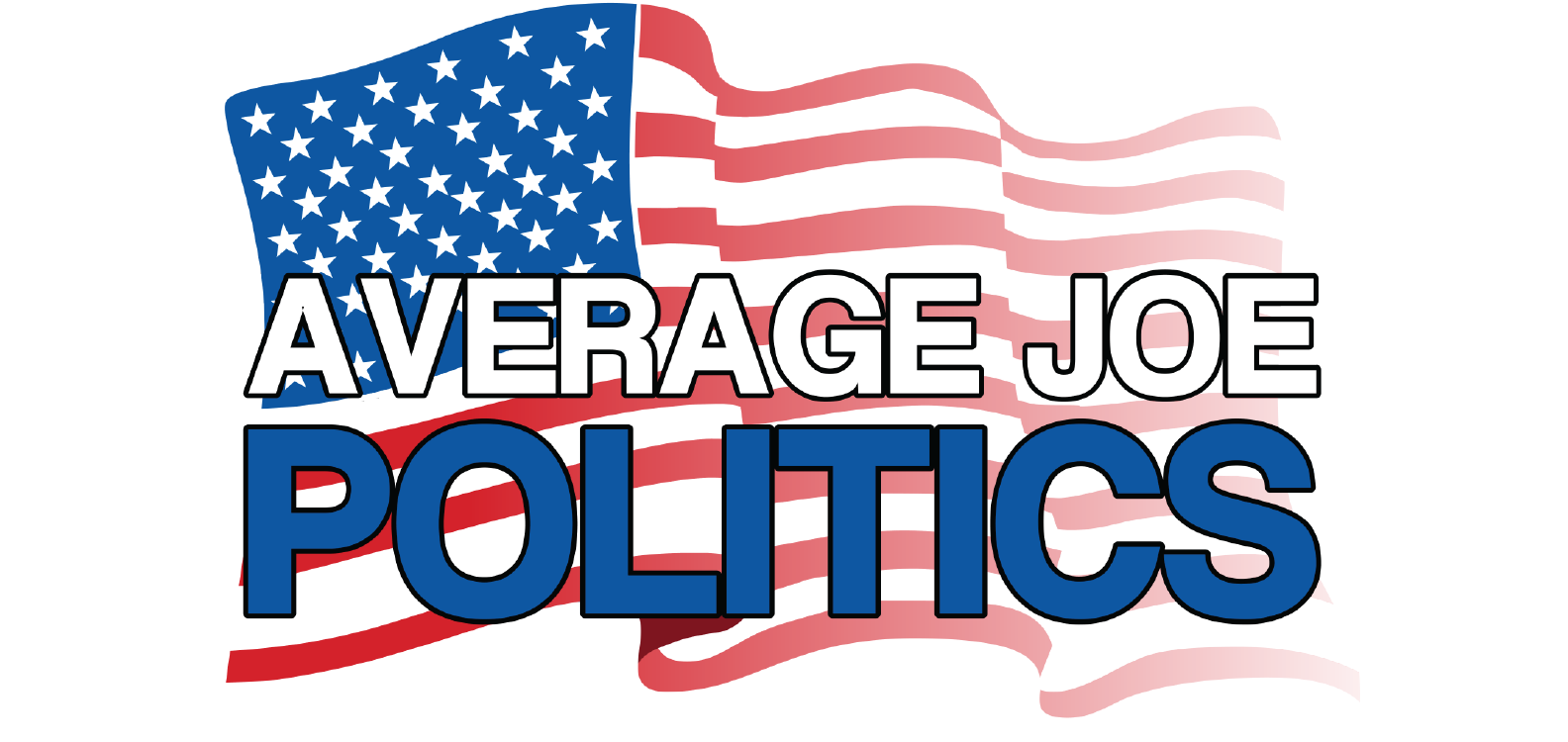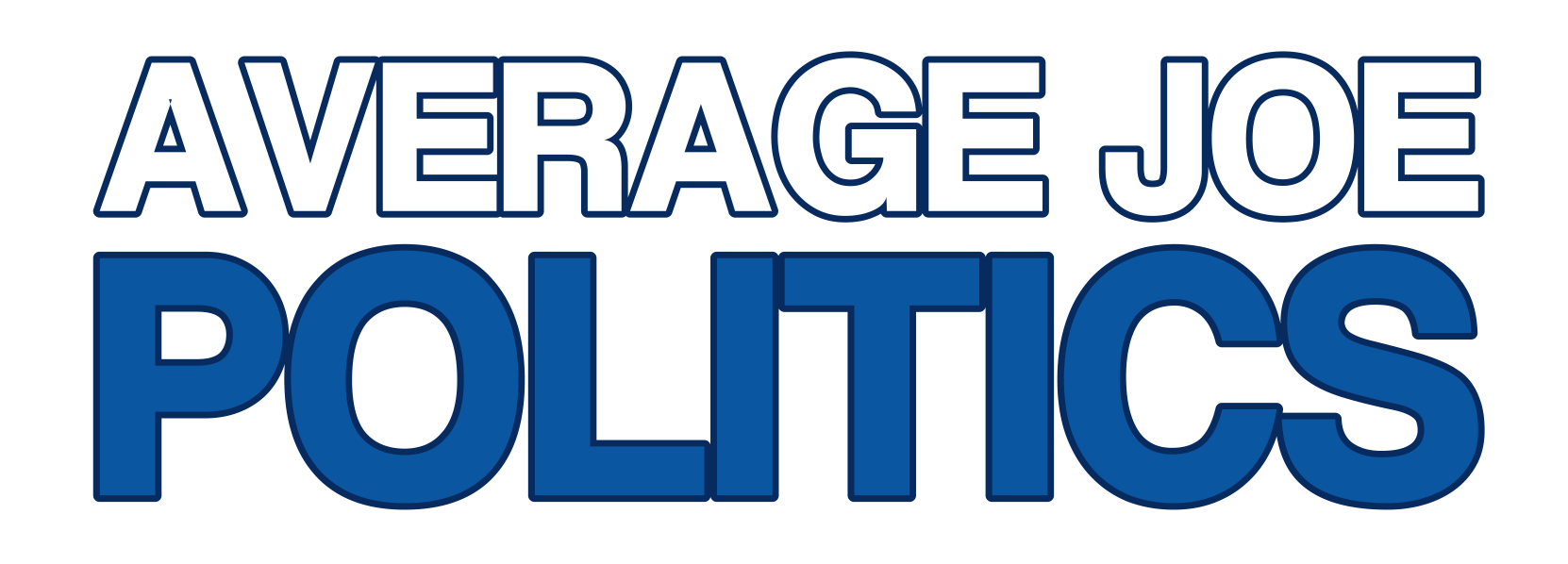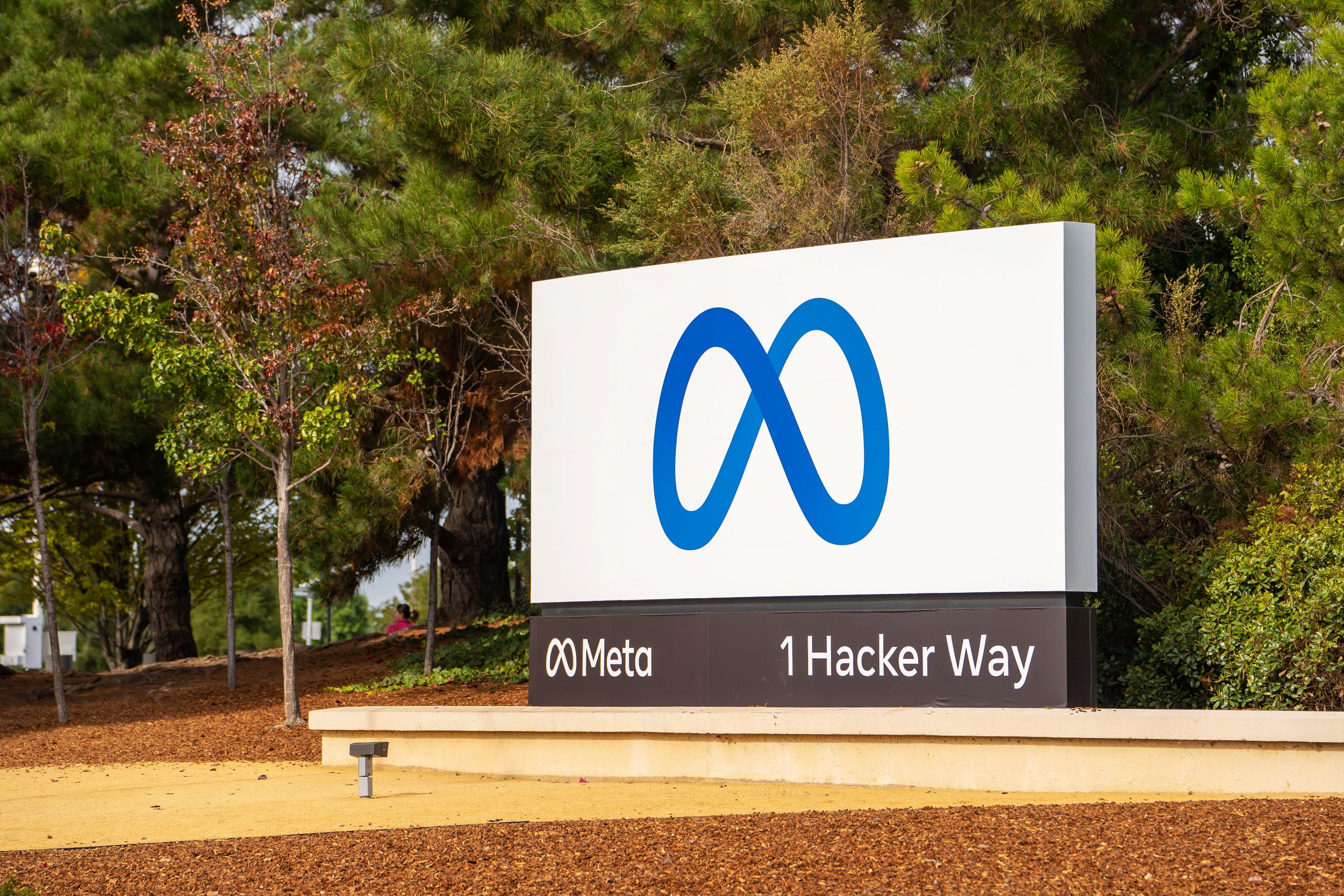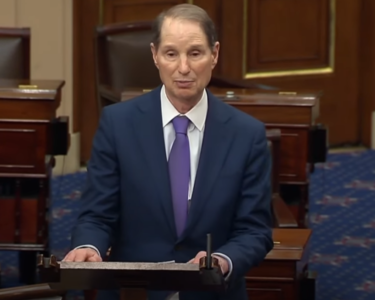In today’s world, social media platforms like Facebook play a significant role in shaping public opinion, especially when it comes to political matters. Recently, the spotlight has turned to Facebook’s parent company, Meta, and its relationship with the U.S. government, particularly during the COVID-19 pandemic. The controversy highlights the complex relationship between social media, politics, and public health.
The Meta-Facebook Controversy: What’s the Deal?
Meta, formerly known as Facebook, has been under scrutiny for its handling of misinformation on its platform. This issue came to a head when documents revealed that Meta’s CEO, Mark Zuckerberg, and his company had frequent interactions with the Biden administration during the pandemic. The administration expressed concerns about the spread of COVID-19 misinformation on Facebook and pressured the company to take more aggressive actions to control it.
According to reports, the Biden administration was frustrated with the amount of false information circulating on social media, which they believed was hindering their efforts to control the pandemic. In response, Meta increased its efforts to moderate content, but this led to a significant backlash.
The Free Speech Debate
One of the most contentious aspects of this issue is the balance between combating misinformation and protecting free speech. Critics argue that the government’s involvement in pressuring Meta to moderate content crosses a line, infringing on the First Amendment rights of Americans. They believe that such actions set a dangerous precedent where the government could influence what is and isn’t allowed to be said on social media platforms.
On the other hand, supporters of the administration’s actions argue that during a public health crisis, there is a responsibility to prevent the spread of dangerous misinformation that could cost lives. They believe that the government was right to push for stronger measures to ensure that accurate information about COVID-19 reached the public.
The Bigger Picture
This controversy isn’t just about Meta or Facebook—it’s about the broader role of social media in our lives. Platforms like Facebook have become essential for communication, news, and entertainment, but they also wield enormous power over what information people see. This raises important questions about accountability and transparency in how these platforms operate.
As we move forward, it’s crucial to find a balance between protecting public health and upholding the principles of free speech. The Meta-Facebook controversy serves as a reminder that in the digital age, the lines between government, media, and the public are increasingly blurred. It’s a complex issue with no easy answers, but one that deserves our attention.
What Does This Mean for Average Americans?
For the average American, this controversy underscores the importance of critical thinking when consuming information online. Whether it’s news about COVID-19 or any other topic, it’s vital to consider the sources of information and the potential biases behind them. As social media continues to play a central role in our lives, understanding how these platforms operate and the influence they have on public opinion is more important than ever.
In conclusion, the Meta-Facebook controversy is a reflection of the challenges we face in a digital world where information is abundant, but not always accurate. As citizens, it’s our responsibility to stay informed and engaged, ensuring that the principles of free speech and public health are both upheld.





